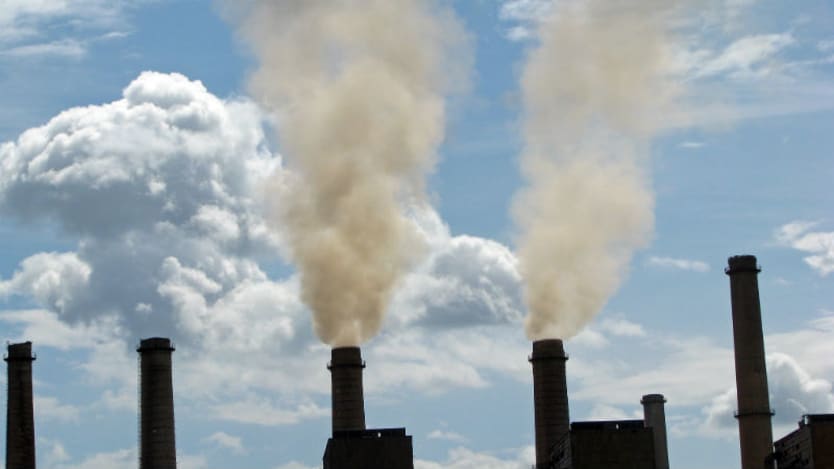
NUSA DUA, Indonesia — World Bank President Jim Kim said Wednesday that the institution will not move forward with a plan to support a 500-megawatt coal-fired power plant in Kosovo.
The “Kosovo C” plant was previously the only coal project under consideration for financial support by the World Bank. The announcement represents a victory for civil society advocates who lobbied the bank for years to reconsider its support for the project, and a signal of renewable energy’s increasing competitiveness with fossil fuels.
Civil society groups welcome IFC coal plan but push for more
Despite the International Finance Corporation's plan to "green" its lending portfolio, civil society groups say its hands are still dirty.
“We have made a very firm decision not to go forward with the coal power plant, because we’re required by our bylaws to go with the lowest-cost option, and renewables have now come below the cost of coal. So without question, we’re not going to do that,” Kim said.
In recent months the World Bank had seemed to distance itself from the project, declining to commit to providing support in the face of changing energy economics. Kim’s announcement comes on the heels of an Intergovernmental Panel on Climate Change report released Monday, which spelled out the immediate and rapid decline in coal use that will be required if the world is to avoid dangerous levels of climate change.
In 2013 the bank introduced a new policy on energy finance, which detailed that it would “provide financial support for greenfield coal power generation projects only in rare circumstances.” Those “rare circumstances” were largely limited to situations in which the imperative to meet basic energy needs could not be met with feasible alternatives to coal.
For half a decade, the Kosovo C project seemed — in the bank’s view — to satisfy those criteria.
“The climate change and the coal issue is one thing, but the humanitarian issue is another, and we cannot turn our backs on the people of Kosovo who face freezing to death if we don't move in,” Kim said in a press conference in 2013.
Wednesday’s announcement — which came in response to a direct question during the civil society town hall meeting during the bank’s annual meetings — did not include any additional details about what Kosovo’s energy future might look like in the absence of World Bank support for a project previously deemed critical. Prior estimates suggested construction of the plant, which would burn a particularly polluting form of coal called lignite, could increase the small country’s GDP by more than a percentage point.
Civil society advocates, who have pressed the issue at every opportunity, hoped that the new commitment might also include an effort by the bank to transition Kosovo to renewable energy.
“The next step for the World Bank, after its withdrawal from coal in Kosovo, is to shift its funding to clean energy options in the country,” said Nezir Sinani of Netherlands-based civil society organization Bank Information Center Europe.
“The bank should use its capacity and knowledge to help the Kosovar government green its energy sector to meet the increasing electricity demand,” added Sinani, who is also an anti-coal activist from Kosovo.
Catch up on what happened at the World Bank Annual Meetings in Indonesia, where Devex reporters Michael Igoe and Sophie Edwards were on the ground.








